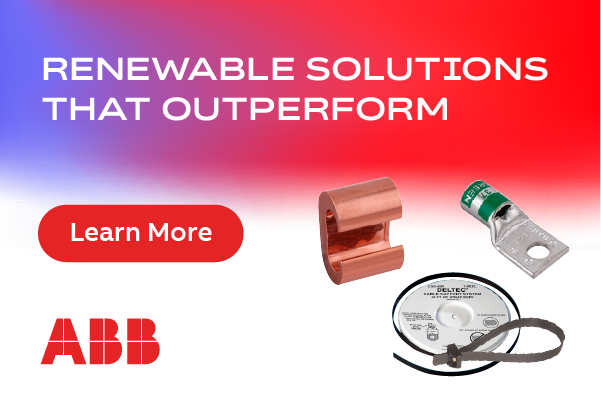PCI New Technology for Converting Solar Energy to Fuel Wins DOE SBIR Phase I Grant
Precision Combustion, Inc. (PCI) announced that it has won a competitive Department of Energy (DOE) SBIR Phase I grant to develop a new material and technology for using solar energy to make fuel.
Precision Combustion, Inc. is developing a process to make effective use of intermittent solar power by employing a new and innovative green technology. This green technology is a material which enables the alternating capture and release of solar energy, while simultaneously converting CO2 and CH4, abundantly available in shale gas, to hydrogen-rich syngas. Further, this approach uses the energy from a 100% renewable resource, heat from a concentrated solar power collector, to drive the process.
Fully renewable resources are the key to the future of green technology, but limitations on existing technology prevents efforts to stem the increasing greenhouse gas levels as the use of fossil fuels and carbon-based renewable fuels result in more CO2 released than converted. Current conversion of carbon dioxide to useful products via reaction with methane is problematic due to the energy inputs needed. Non-carbon renewable sources of energy, including wind and solar, are intermittent and so present challenges in terms of availability of the high quality high temperature processes needed for high-yield CO2 upgrading. Precision Combustion sees its process as a step forward in carbon capture technologies, replacing some or potentially all of the equipment required for carbon capture and storage, making carbon capture more economic regardless of CO2 source, including coal, natural gas and biofuels.
Utilizing PCI's multi-functional material, this process makes effective use of intermittent high-grade solar energy employing alternating capture and release of the energy. This process utilizes PCI's highly efficient catalyst support/substrate for enhanced reaction rates, enabling process intensification and scalability. This combination and approach will enable effective use of intermittent solar power, regardless of location, as a pathway to converting greenhouse gases to hydrocarbon-based products while also providing an alternative to storing captured carbon. The opportunity to convert captured carbon to fuels and chemicals via concentrated solar power avoids the costs and risk of storage and delivers a valuable energy resource.
According to Dr. Jeffrey Weissman, the Principal Investigator, "This work represents an entirely new concept in using abundant and clean solar power to reduce, reuse and convert green-house gases into useful products. This DOE Phase I project gives us a chance to explore this technology and prove that the underlying concepts are valid." Kevin Burns, PCI President, adds "Success will enable a CO2 to fuels or chemicals route that will boost energy efficiency and resource efficiency while taking advantage of America's most abundant natural resource."
Precision Combustion, Inc. | www.precision-combustion.com









.png?r=6943)


